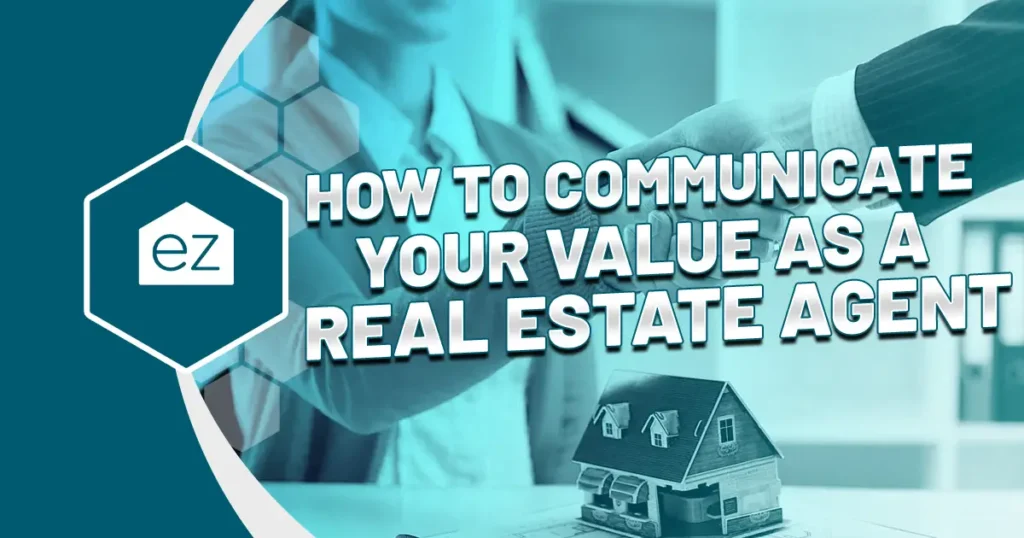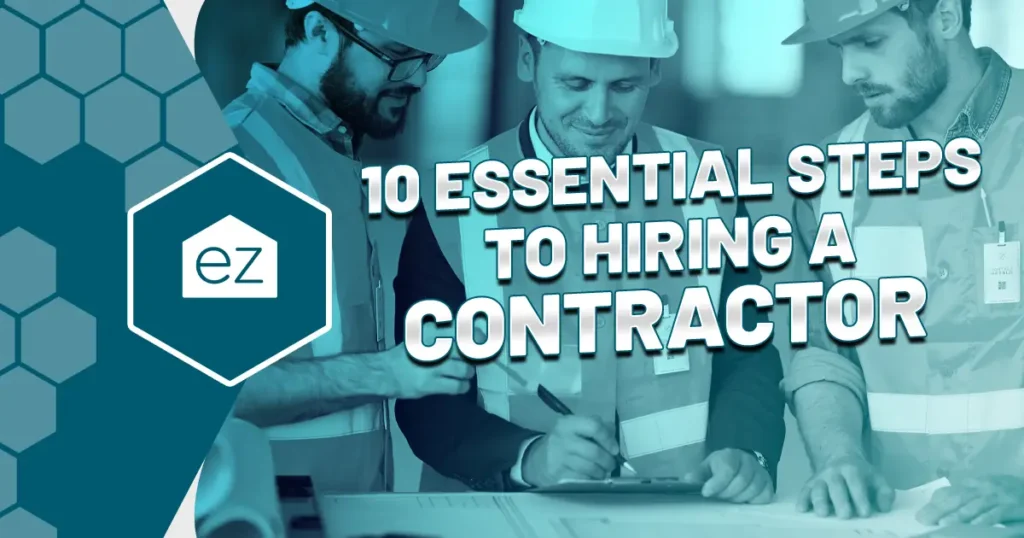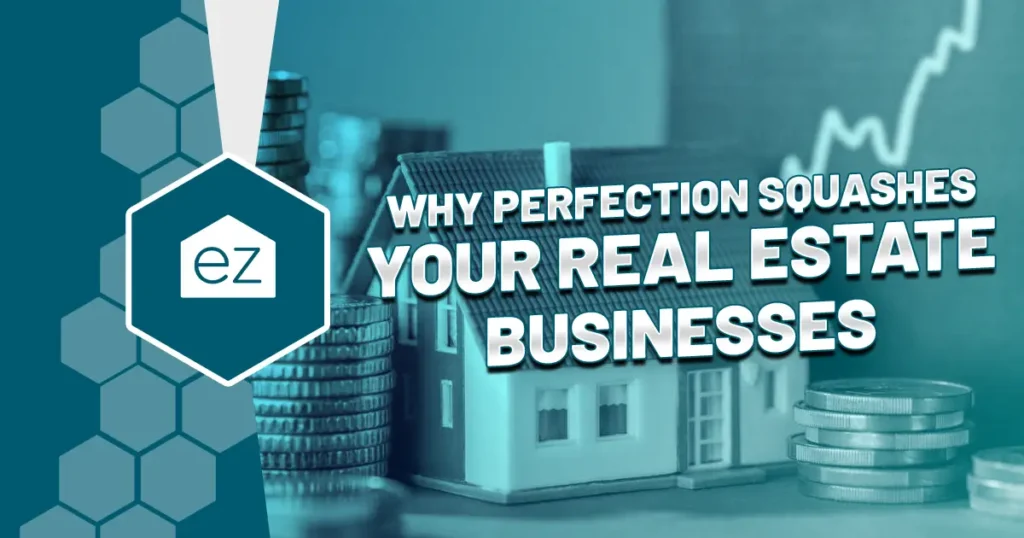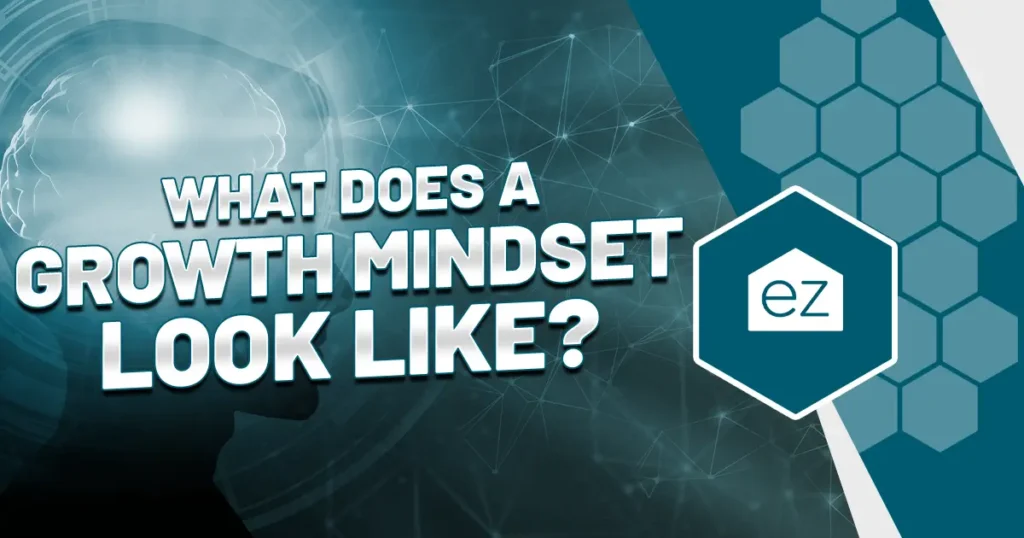How Much Down Payment Do You Need to Buy a House
How Much Down Payment Do You Need to Buy a House?

When buying a house, one of the most common questions is “What down payment do I need to buy a house?” The answer isn’t simple, as it depends on your finances and the types of loans you qualify for. The good news is, you may not need to put down as large of a payment as you think! Here’s the low-down on down payments.
FHA Loans
Most homebuyers who qualify for a lower down payment will fall into this category. FHA Loans are backed by the Federal Housing Administration. The FHA itself does not lend out money for this type of mortgage. You have to go to an FHA-approved lender, which could be a bank, credit union, or some other kind of financial institution.
Because these loans are meant to help low- or moderate-income earners afford housing, the underwriting standards are flexible and they require lower down payments. The minimum down payment for FHA loans is 3.5%, though you can put down more if you are able to.This makes these loans a great option if you are a first-time homebuyer with limited career experience and credit history under your belt.
VA Loans
If you’re on active duty, a veteran, or the spouse of someone who was killed in the line of duty, you may be able to obtain a home loan backed by the Department of Veterans Affairs. VA loans are unique because they do not always require the borrower to put any money down. The only reason you might be required to make a down payment is if the home’s sale price is higher than the appraised value.
In addition to no down payment, you can expect to get more favorable terms and interest rates. You’ll have fewer closing costs and you won’t even need private mortgage insurance! You can use the loan to do a number of things including purchasing a single-family home of up to four units, buy and improve a home, or even build a brand-new home.
USDA Loans
These loans are backed by the U.S Department of Agriculture, specifically their Rural Development Program. These loans exist to improve local economies in rural areas. Because of this, a USDA loan is the other type of loan that may allow you to put zero down when buying a home.
You will usually need a FICO score of at least 640 to qualify for a USDA loan, although this requirement can vary based on the lender. You’ll need to prove that you have a steady income with tax returns and you’ll likely need a debt-to-income ratio of 41% or less. Not only will the borrower have to meet certain requirements, but the home will also have to be located in an area that’s approved for USDA loans.
Unlike with VA loans, you’ll still have to pay closing costs with this type of mortgage. On the plus side, you will usually be able to enjoy mortgage rates that are lower than FHA loans and conventional lows. But the lower your debt and the higher your credit, the better rates you can expect!
Conventional Loans
Lastly, we have conventional loans which are what most people think of when they are shopping around for a mortgage. Down payment requirements will vary widely from one loan option to the next, as will the other terms of the loan. If you don’t qualify for any of the above types of mortgages, you should be able to get a conventional loan.
Note that “conventional mortgage” is still just an umbrella term for several different types of home loans. For example, Fannie Mae HomeReady loans will allow you to put just 3% down. Other conventional loans will require 5% down if you’re going to pay private mortgage insurance or 20% down if you want to avoid paying for mortgage insurance altogether. A piggyback loan will require you to put 10% down. As you can see, there is a wide variation. Many of these loans require higher down payments because they are not backed by the government, making them inherently riskier for the lender.
Good credit will definitely help you with your down payment for a conventional mortgage. If you have a FICO score of at least 620, lenders are often more flexible with allowing you to make a smaller down payment because they know they are taking on less of a risk. Ideally, you should have a DTI of 50% or less to qualify for a conventional loan.
Final Thoughts
Keep in mind that while there are some loans that require lower down payments than others, that doesn’t necessarily mean you should make a low down payment. If you can afford a higher down payment, you will usually benefit in some way. You may be able to forgo private mortgage insurance, qualify for a better mortgage rate, get better terms, and/or qualify for lower mortgage payments.
It’s important to note that the lender you are using and your credit can dramatically affect how much of a down payment you are expected to make. For example, while FHA loans require a minimum down payment of 3.5%, you will be expected to make a higher down payment of 10% or more if your credit score is below 600. So, if you know you have exceptional credit, you can likely get away with a lower down payment on a house.
On average, people put somewhere between 6% and 12% down when purchasing a home. But the right down payment is still a personal decision. You can play with a down payment calculator to help you determine what’s best for your situation.
Start Your Home Search
Preston Guyton
Share this Post
Related Articles
Real Estate Tips
How to Communicate Your Value As A Real Estate Agent
Real Estate Tips
10 Essential Steps to Hiring a Contractor
Real Estate Tips
Why Perfection Squashes Your Real Estate Businesses
Real Estate Tips





